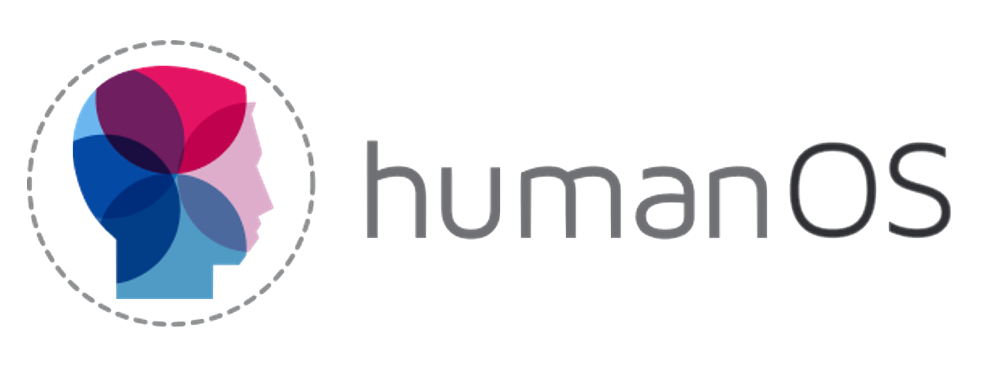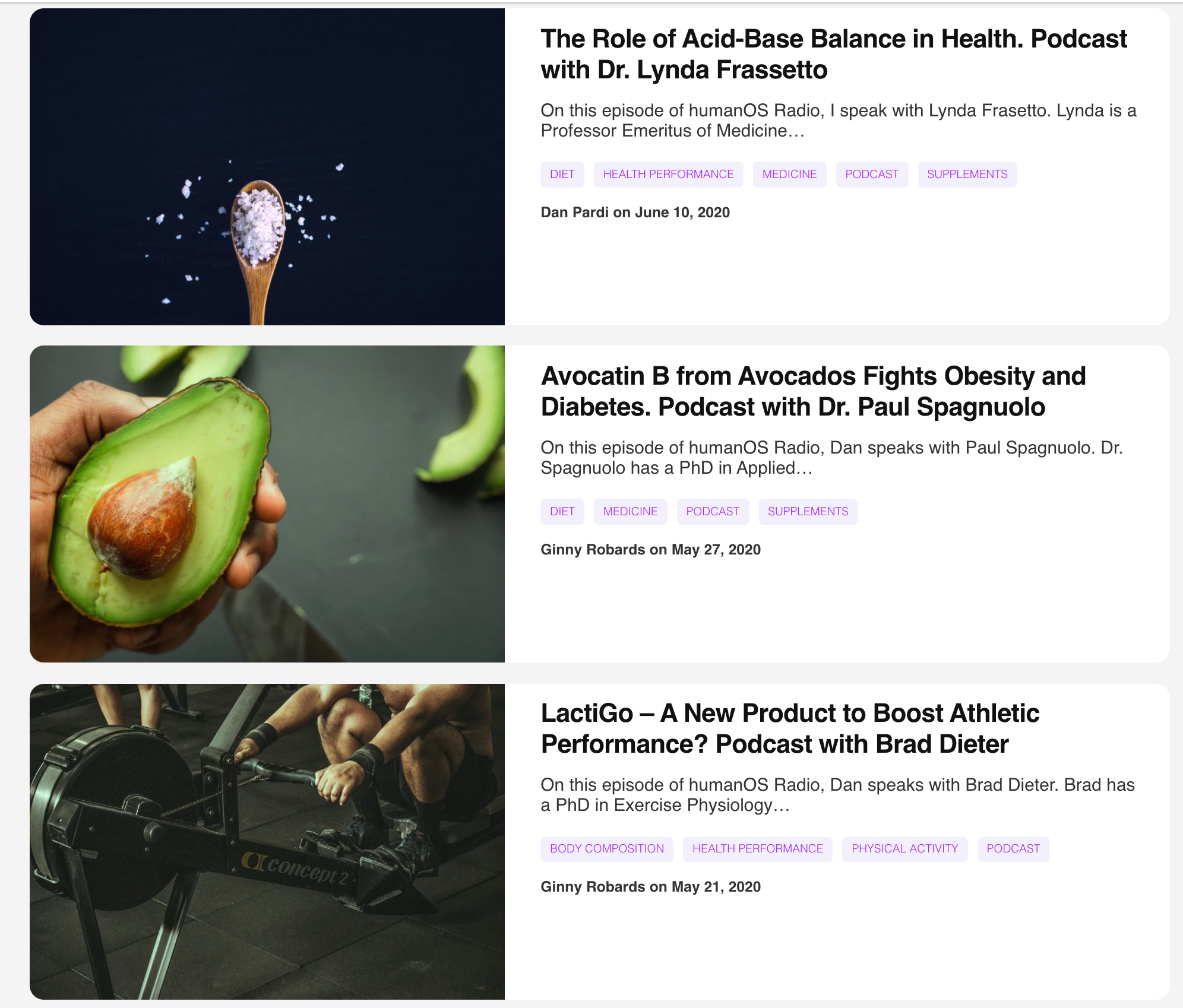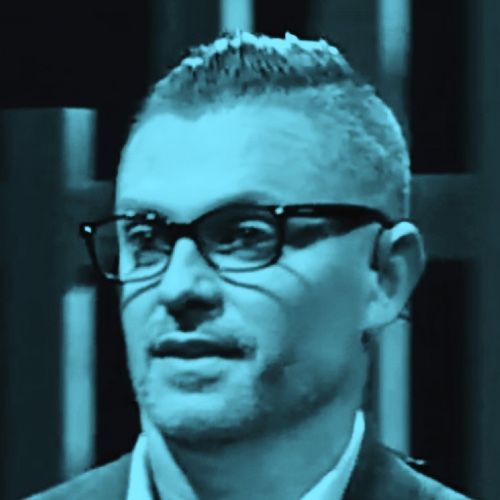#059 - Are You Biologically Older or Younger Than Your Chronological Age? - Ken Raj, PhD
We tend to think of age in terms of the number of years we have been alive - meaning our chronological age. But the year that you were born is not necessarily an accurate measure of your health or your life expectancy. We are coming to realize that a better predictor is your biological age - and that can be quite different from your chronological age. So how do you learn your biological age? And what can you do with this information?
In this episode of humanOS Radio, Dan speaks with Ken Raj. Ken is a Senior Scientific Group Leader at Public Health London, and has worked extensively with Dr. Steve Horvath of UCLA in developing and interpreting genomic biomarkers of aging. They are best known for developing the “epigenetic clock,” a tool that predicts life expectancy by examining age-related changes to DNA methylation, then using that information to calculate biological age in relation to chronological age. The epigenetic clock is able to predict life expectancy with remarkable accuracy, with a margin of error of plus or minus three years.
In this podcast, we discuss:
-How the epigenetic clock uses DNA methylation to compare biological to chronological age.
-Whether DNA methylation changes are the “drivers” or the “passengers” of biological aging, and how direct a role they play in the aging process.
-Whether or not epigenetic changes can be passed down from generation to generation.
-Whether or not someone with a biological age greater than their chronological age is more likely to develop certain pathologies.
-On the other hand, whether having a younger biological age than chronological age means greater health and a longer life.
-What diet and lifestyle factors have been researched to show an impact on epigenetic aging.
-Whether or not epigenetic drugs have the ability to modify this clock and slow aging.
-The potential for extracting the exact mechanisms through which things like exercise and certain dietary interventions slow down epigenetic aging.
-If the epigenetic clock can be used for earlier diagnosis of such age-related conditions as cancer, diabetes and neurodegenerative diseases, leading to better outcomes.
To learn more, check out the blog!



